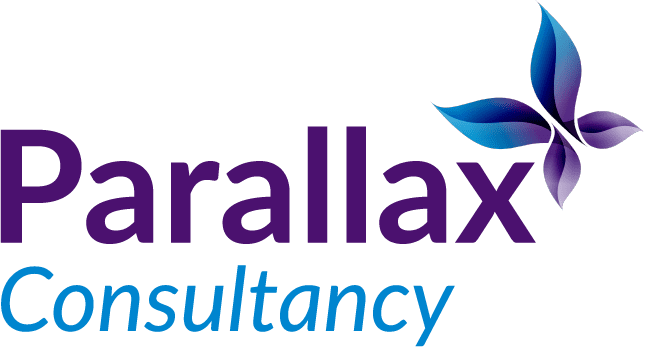Since April 2019, VAT-registered businesses and self-employed people with a turnover of more than the £85,000 VAT threshold have had to use accounting software though the Making Tax Digital gateway to file their VAT returns.
From April 2022, HMRC wants all VAT-registered businesses to adhere to Making Tax Digital. Self-employed people and landlords with a turnover of more than £10,000 will face the extra requirements from 2023.
Critics say the cost of applying the new rules has been unreasonably high. A report by trade body Association of Taxation Technicians found that some small businesses had spent more than £5,000 on software and training.
Despite some positive feedback there’s a concern that not enough business owners still aren’t signed up or prepared to sign up for doing their VAT data collection and filing digitally.
Whatever those lobbying against the changes say, having a rigorous record keeping system across your business for receipts and invoices is crucial.
This helps you:
- Automate repetitive tasks
- Have confidence in the figures
- Stay in control
- Monitor the health of your business
- Prepare financial statements swiftly
It used to be said that retaining a paper-based system may work better for some business owners – especially if they’re not tech-savvy.
Manual accounting is:
- Straightforward
- Simpler than a digital system
- Cheap
- Convenient
You could argue it’s convenient and easily accessible since you only need a pen and paper. All calculations are performed manually, which eliminates the risk of duplication mistakes and corrupt data.
Potential pitfalls
But it also leaves room for human error and it’s less easy to synchronise with other systems or other branches in a bigger firm. Put simply, with all the changes around making tax digital, now is a good time to take a step up to digital accounting, even if your business hasn’t been affected yet.
Computerised accounting
Digital record keeping is normally through accounting software.
Potential pitfalls
It can appear to be a lot more complicated than a manual system and can involve an element of research and learning.
You may need to provide training for your team and invest in consultancy to get you started.
Benefits
- More efficient
- Saves time in the long run
- Has built-in templates, automatic backups and other useful features
- Minimises or eliminates human error
- Can deal with large amounts of data.
Our advice
Talk to us. We can advise you about what is best for you and your business – why, when and how.
Subscribe to HMRC updates – make sure you keep up with these updates to ensure you don’t miss any important announcements.
For more information or advice, simply give us a call on 0161 341 0368 or email info@parallax-consultancy.co.uk. You can also contact us using the form on our website.
